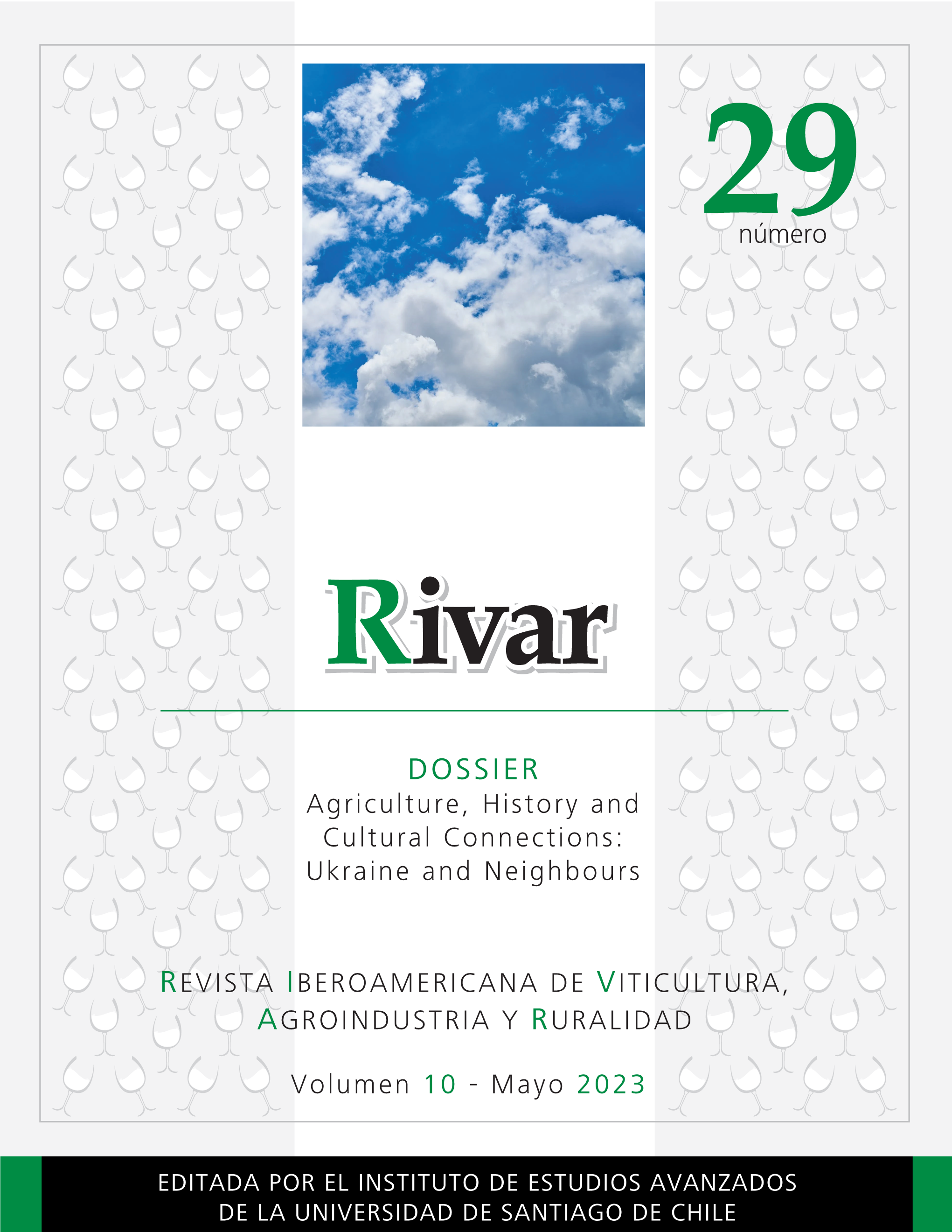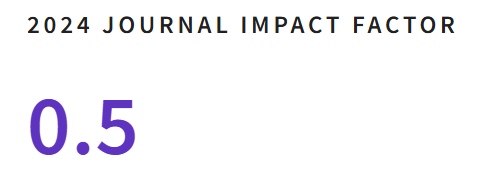History of Regional, Social and Political Relations between Kazakhstan and Turkey (1991-2020)
DOI:
https://doi.org/10.35588/rivar.v10i29.5824Palabras clave:
relaciones regionales, independencia, diplomacia, cooperación bilateral, diásporaResumen
Investigamos los procesos ocurridos en las repúblicas de habla turca de la Unión Soviética después de su división en 1991 y estudiamos los aspectos posteriores del desarrollo de las relaciones entre Kazajistán y Turquía en el ámbito de la política regional. Desde la independencia de la República de Kazajistán, un sector específico de la política exterior se ha comprometido con el desarrollo de vínculos integrales con las naciones industrializadas y organizaciones políticas y socioeconómicas internacionales. La rápida creación de tales lazos ha sido el principal objetivo de la política exterior del país. Turquía aprecia la posición de liderazgo de Kazajistán en Asia Central y considera que Kazajistán es el socio más importante en las relaciones regionales. La metodología de esta investigación se basa en documentos particulares, datos de archivo, trabajos de investigación y los orígenes y resultados de dichas conexiones; con ello, analizamos las preocupaciones de la colaboración sociopolítica regional entre Kazajistán y Turquía desde 1991 hasta 2020. En conclusión, se puede afirmar que la historia de las relaciones regionales turco-kazajas se ha desarrollado en la dirección de la hermandad y el entendimiento mutuo como pueblos túrquicos en ambos países.
Descargas
Referencias
Agency for Strategic Planning and Reforms of the Republic of Kazakhstan Bureau of National Statistics (2021). “Agency for Strategic Planning and Reforms of the Republic of Kazakhstan Bureau of National Statistics.” Astana, Republic of Kazahstan. In https://stat.gov.kz/ (accessed 31/03/2023).
Akpynar, D.; Kuranbek, A. and Abzhaparova, L. (2018). “Historical Ties and Bases of Formation of Kazakh-Turkish Relations.” Al-Farabi in Kazakh and World Philosophy, Culture and Civilization Confererence. Almaty, Al-Farabi Kazakh National University: 156-160.
Alma-Ata (1991). “Agreement on Cooperation between the Kazakh Soviet Socialist Republic and the Turkish Republic”. Alma-Ata. March 15, 1991 (accessed 31/03/2023).
Asankeldiuly, A. (2018). “Kazakhstan-Turkey: Deep-rooted Cooperation”. Kazakh gazetteri. In https://www.kazpravda.kz/en (accessed 06/04/2023).
Asylbekov, M.K.; Kozybaev, M., and Abylkhozhin, Z.B. (eds.). (2010). History of Kazakhstan (from Ancient Times to the Present). Almaty, Atamura.
Ayagan, B.G.; Abzhanov, H.M.; Seliverstov, S.V., and Bekenova, M.S. (2010). History of Modern Kazakhstan. Almaty, Raritet.
Burabaev, A. (2002). “Modern Kazakh-Turkish Relations: 1991-2001.” Information Review 1: 107-108.
Giritliogly, M. (2021). History of Kazakh-Turkish Political and Cultural Relations and Teaching Methods (XVII-XXI Centuries). Turkestan, Khoja Akhmet Yassawi International Kazakh-Turkish University.
Imasheva, N.D. (2003). Cultural and Scientific Relations between Kazakhstan and Turkey (1991-2000). Almaty, Ch. Valikhanov Institute of History and Ethnology.
Joint Declaration on Further Development and Deepening of Cooperation between the Republic of Kazakhstan and the Republic of Turkey (1995). “Joint Declaration on Further Development and Deepening of Cooperation between the Republic of Kazakhstan and the Republic of Turkey.” In https://online.zakon.kz/Document/?doc_id=1033571 (accessed 06/04/2023).
Kara, A. (2011). “The Process of 20 Years of Cooperation of the Turkic World and the Role of Kazakhstan in It.” In Ibraev, S. (ed.). Turkic Civilization and Kazakhstan: Proceedings of the International Conference Dedicated to the 20th Anniversary of Independence of the Republic of Kazakhstanl. Astana, International Turkic Academy: 28-32.
Karasaev, G.M.; Dyusen, S., and Kaliev, Z. (2012). Leader of the Nation N.A. Nazarbayev and the Foreign Policy of Independent Kazakhstan (1991-2013). Astana, Akorda.
Ketners, K. (2020). “Spending Review as Essential Part of Public Sector Budgeting: Latvian Experience.” Proceedings of the 2020 International Conference Economic Science for Rural Development 53: 97-106. DOI https://doi.org/10.22616/esrd.2020.53.011
____. (2015). “Possibility for Personal Wealth Taxation System in Latvia.” In Proceedings of the 2015 International Conference Economic Science for Rural Development 37. Jelgava, LLU ESAF: 211-219.
Martinkovic, M. (2005). “The Idea of Slavic Solidarity in the Interpretations of the Representatives of the ‘New School.’” Filozofia 60(10): 804-818.
National Archive of the Republic of Kazakhstan (2021). National Archive of the Republic of Kazakhstan. In https://www.ulttykarhiv.kz/en/ (accessed 06/04/2023).
Nazarbayev, N.A. (2017). Era of Independence. Astana, Akorda.
____. (2003). On the Threshold of the XXI Century. Almaty, Atamura.
Perepelitsa, E.F. (2007). “Cooperation between the Republic of Kazakhstan and the Turkish Republic in the Field of Culture of the 1990s.” Bulletin of Volgograd State University 12: 175-178.
Republic of Kazakhstan (2021). Archive of the President of the Republic of Kazakhstan. In http://archive.president.kz/en/ (accessed 06/04/2023).
Stepanchuk, O.; Bieliatynskyi, A.; Pylypenko, O., and Stepanchuk, S. (2016). “Peculiarities of City Street-Road Network Modelling.” Procedia Ingeneering 134: 276-283. DOI https://doi.org/10.1016/j.proeng.2016.01.008
Toybaeva, J.N. (2016). People of Kazakhstan. Almaty, Kazakhskaya Entsiklopediya.
Tuimebaev, J. (ed.). (2013). Kazakhstan-Turkey: 20 Years of Friendship and Cooperation. Ankara, Elma basim.
Yensenov, K.A. (2018). “Research Institutes and the International Turkic Academy.” In Ayagan, B.G. (ed.). National Historical Horizon (Development of Historical Science of Kazakhstan in the Period of Independence. Astana, Dame: 171-173.









